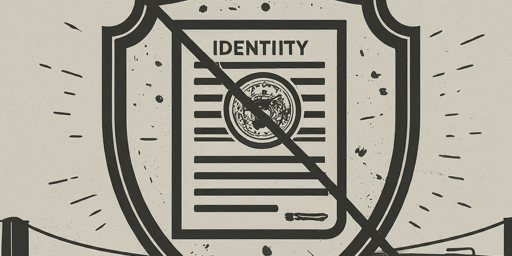What to Do If Your Identity Is Stolen in New York
Identity theft is a serious crime that can cause financial ruin, emotional distress, and a host of other problems. If you’re a New York resident and suspect your identity has been stolen, it’s crucial to act fast to mitigate the damage. This step-by-step guide will help you navigate the process and minimize the impact.
What is Identity Theft?
Identity theft occurs when someone steals your personal information, such as your name, Social Security number, date of birth, or financial account information to commit fraud. This can include opening new credit accounts, making unauthorized purchases, filing a false tax return, or even obtaining medical care in your name.
Step-by-Step Guide to Handling Identity Theft in New York
1. Report the Crime
- File a police report: Contact your local police department and file a report detailing the identity theft. Obtain a copy of the report as proof of the crime.
- File a report with the Federal Trade Commission (FTC): Visit https://www.identitytheft.gov/ or call 1-877-438-4338 to report the theft. The FTC will create an identity theft report and recovery plan to guide you.
2. Contact Financial Institutions
- Banks and Credit Card Companies: Immediately notify your banks and credit card companies. Close any compromised accounts and request new cards with different numbers.
- Credit Bureaus: Contact the three major credit bureaus (Equifax, Experian, TransUnion) and place a fraud alert on your credit report. This requires creditors to verify your identity before opening new lines of credit. Get a free copy of your credit report from each bureau to monitor for fraudulent activity.
3. Address Government Agencies
- Social Security Administration: If you suspect your Social Security number was compromised, report it to the Social Security Administration (1-800-772-1213) and consider requesting a new number.
- IRS: If you think someone might file a fraudulent tax return with your information, file your legitimate return as early as possible and contact the IRS Identity Protection Specialized Unit (1-800-908-4490).
- DMV: Report a stolen or fraudulently used driver’s license to your local Department of Motor Vehicles.
4. Protect Your Online Accounts
- Change your passwords: Update passwords for bank accounts, email, social media, and other online platforms. Use strong, unique passwords and consider using a password manager.
- Turn on two-factor authentication: Where available, enable this extra layer of security that requires an additional verification code besides just your password.
5. Monitor Your Accounts and Credit Regularly
- Review Transactions: Check bank and credit card statements closely for unauthorized activity.
- Examine Credit Reports: Request free copies of your credit reports from each bureau regularly. Look carefully for signs of fraud, like accounts you didn’t open or inquiries you didn’t authorize.
6. Consider a Credit Freeze
A credit freeze restricts access to your credit report, making it harder for criminals to open new accounts in your name. You can contact each of the three credit bureaus to place a freeze.
7. Stay Vigilant
Identity thieves often strike again. Monitor for red flags such as unfamiliar mail, bills for products you didn’t buy, or debt collection calls.
Wiperts.com: Your Partner in Privacy Protection
While these measures can help you regain control, it can be time-consuming to remove personal information exposed on the web. Data brokers and people search sites often maintain publicly accessible profiles. Wiperts.com specializes in comprehensive personal information removal from the internet. Their services can help reclaim your online privacy and give you peace of mind.
Remember: The faster you act after detecting identity theft, the better your chances of minimizing the damage. Be proactive, persistent, and document all your actions.

Wiperts.com: Your ally in protecting online privacy and removing personal data from the internet.







